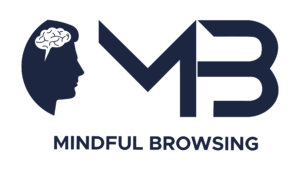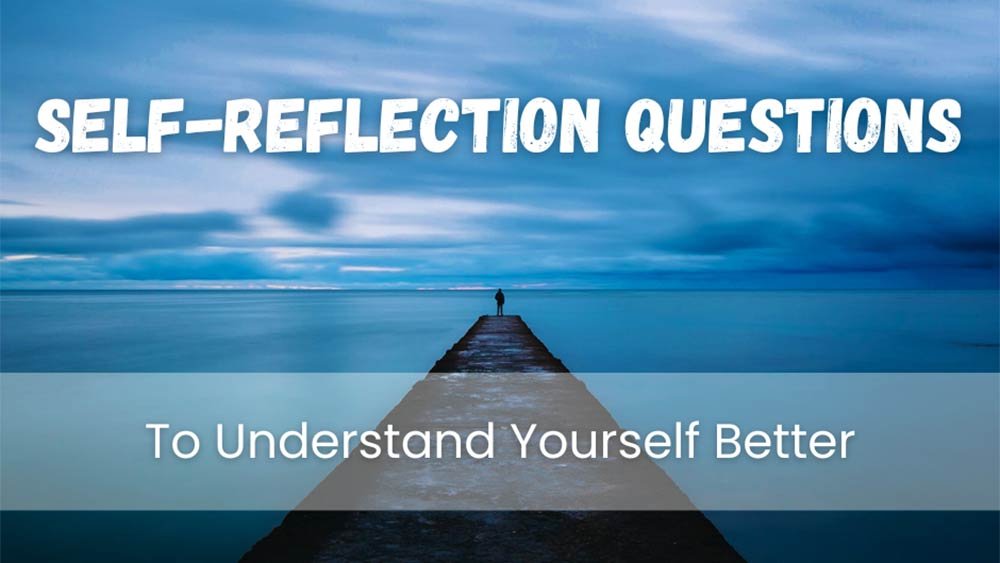
Experiencing Headaches After Eating? Identify Causes and Remedies
If you are experiencing a Postprandial headache or headache after eating every time you consume something, then believe us—you’re not alone in this suffering. Just like hunger headaches, getting dizzy and post-meal headache is quite normal. But unlike hunger headaches, usually caused by not eating enough and dropped blood sugar levels, some think eating foods like chocolate might cause after-meal headaches. Others say carbs and sugars cause it.
Headaches after meals are a surprisingly common issue, affecting a noticeable part of the population. While the exact prevalence might change from study to study. For example, according to the research, approximately 1 in 30 individuals may develop headaches because of some specific foods or eating habits, thus confirming the high frequency of this condition.
Keep reading to learn about the causes or triggers of these after-meal headaches and how to prevent them.
A Note of Caution: If you experience headaches after eating persistently, you should not ignore them and consult a medical professional.
Why Do I Get a Headache After Eating? 5 Reasons for Postprandial Headaches
Post-meal headaches can be either dietary or physiological. The dietary causes may range from the consumption of foods rich in tyramine to rapid changes in blood sugar levels. Additionally, some food additives like monosodium glutamate (MSG), which is a common ingredient in processed foods and certain restaurant dishes, are also recognized as potential triggers for some people.
Besides, dehydration, which is an often overlooked cause, may result in immediate headaches after eating, particularly when the meal is eaten without enough fluid intake. Rapid eating or overeating can lead to headaches due to pressure on the digestive system.The pain can occur at different levels in this type headache. They can even get triggered by certain food items. Some people can experience a pattern in these headaches.
These triggers can result in symptoms that range from immediate headaches and head pressure to an overall sense of discomfort after eating. The identification and elimination of food triggers, treatment of underlying conditions, and mindful eating practices can help manage postprandial headaches, thus improving the quality of life.
Some of the most common causes of postprandial headaches are discussed in detail below:
1. Reactive Hypoglycemia

Postprandial hypoglycemia is a common trigger for post-meal headaches and can trouble you anytime within four hours of eating food. The causes include low blood sugar levels that can result from diabetes, digestive tract tumors, and abnormal hormone levels. The common symptoms of hypoglycemia are shakiness, dizziness or lightheadedness, sweating, hunger, a fast or uneven heartbeat, feeling weak or tired, feeling irritable or anxious, and headache.
2. Food Allergies

Food sensitivity is another common reason for headaches after eating. As per statistics available from 2021, approximately 20 million people in the US suffer from food allergies. It can be challenging to determine food allergies. You need to consider the following two options:
- Health professionals prescribe particular tests for detecting food allergies and sensitivity to confirm if you are suffering from this condition.
- You should know what what food sensitivities cause headaches. The common allergens that should be eliminated from your daily diet are milk, corn, wheat, cane sugar and eggs. You can observe whether this affects your health and reduces symptoms or not. You can gradually add these items to your diet and observe the reactions.
3. Food Intolerance
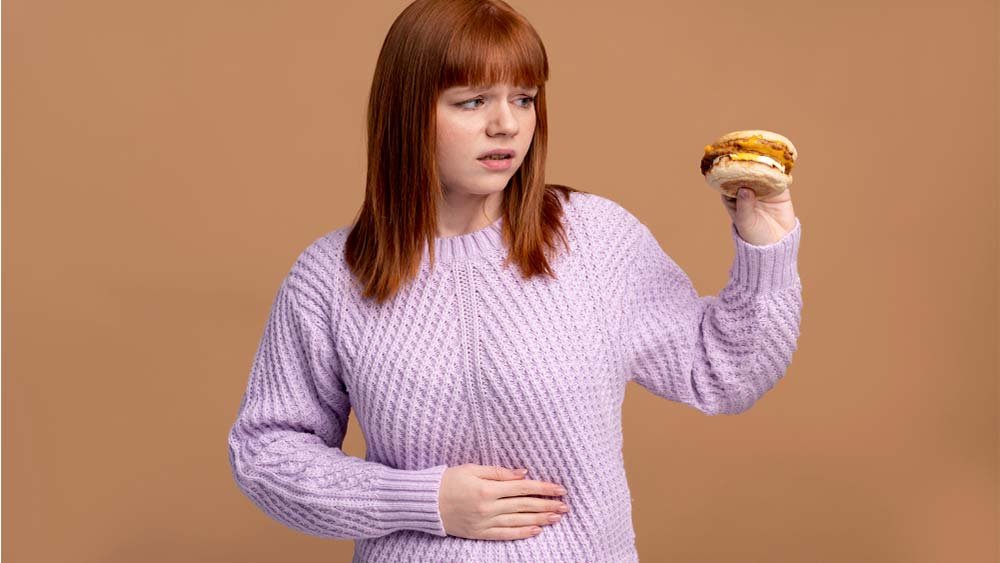
People usually get confused between food allergy and food intolerance. But these are different. Food allergy can trigger a postprandial headache and, in most cases, cause indigestion. Food intolerance means the person cannot digest certain foods, which is commonly seen in people who agonize over digestive disorders like IBS or irritable bowel syndrome. The significant difference between food allergy and intolerance is that the immune system reacts to certain foods in the former. In contrast, in the latter, the digestive system reacts to specific types of food.
4. Temporomandibular Joint (TMJ) Disorders
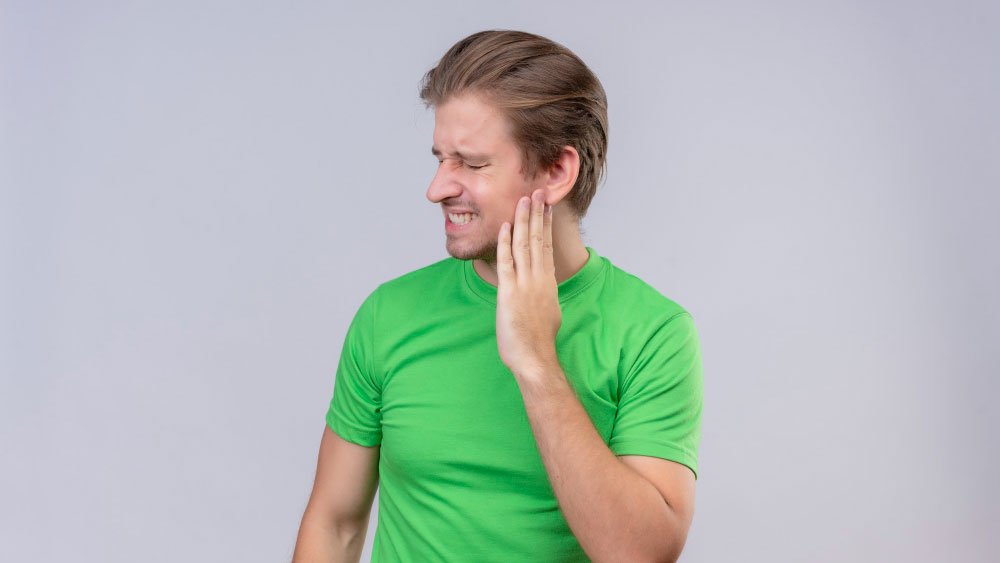
TMJ is a specific joint in front of the ear that connects the skull’s temporal bone to the mandible or lower jaw. People with this disorder usually hear a clicking sound whenever they open or close their mouth. There could also be a feeling of tightness in the region, which can trigger a headache after eating.
5. Cold Stimulus Headache (Brain Freeze)
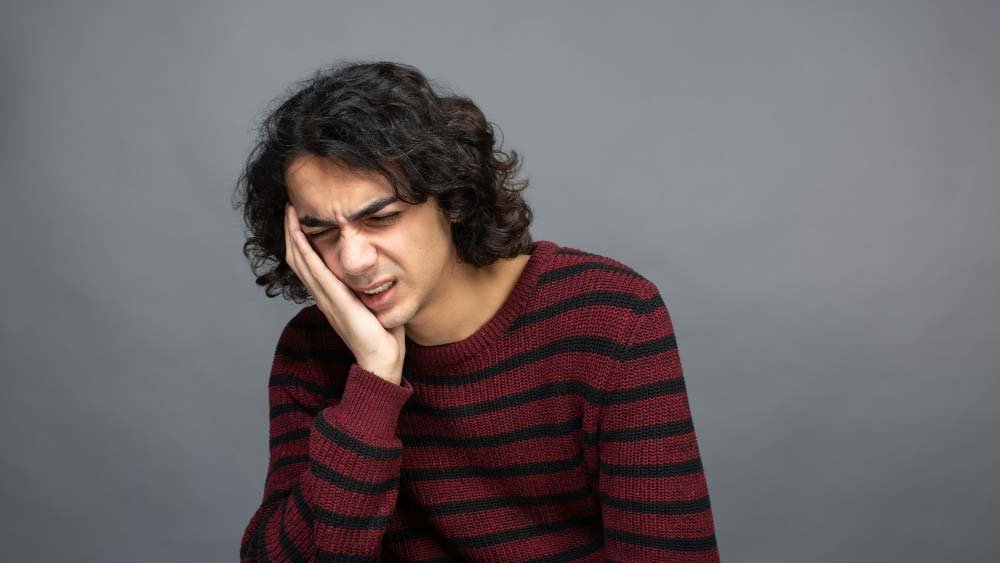
This is another common type of headache that occurs when you eat or drink something very cold or frozen. It is also referred to as an ice cream headache or cold stimulus. The typical characteristic of this headache is that it does not last too long—usually between a few seconds and a few minutes. But the intensity of the hurt is pretty daunting.
How to Stop a Headache After Eating? 5 Remedies to Get Rid of it
1. Drink a Lot of Water to Relief headache

The most basic mantra is to stay hydrated before and after food consumption and throughout the day. Adequate fluid intake, especially during the summer season, can reduce the likelihood of headaches associated with eating food. Prefer water or salt water intake over other types of liquids such as high-sugar juices and beverages, coffee, and tea, especially those that contain artificial sweeteners.
2. Eating the Right Food (Elimination Diet) for Headache Pain

Wondering what foods are good for migraine after eating. You must eat a healthy and balanced diet. This is also known as elimination diet. In this diet, you must try different food combinations and leave certain items out to determine if you have any allergies or intolerances. The foods that can help to relief from headache are: Leafy greens, nuts, fatty fish, fresh fruits, seeds, whole grains, legumes, hot peppers, ginger etc. However, if this strategy does not alleviate your headache, you must consult a doctor.
4. Try Meditation to Get Rid of Headache

A study published in Eurekalert in 2015 discovered that focused meditation can help manage pain and headaches by 25%. Another study in 2020 found that migraine-related symptoms can be managed with mindfulness meditation.
Researchers believe focused meditation helps train the human mind to redirect its focus away from pain. It also helps reduce heart rate and cortisol levels, directly impacting pain. However, it would help if you remembered that focused meditation alone cannot eliminate headaches. Instead, a more holistic approach is required to address the symptoms.
5. Green Noise for Post-Meal Migraine

Replicating the soothing natural sounds is famously called green noise. It benefits the mind and body in multiple ways. For example, green noise helps improve sleep quality, headache after nap, reduce stress, and improve the state of relaxation. Popular sounds that are replicated are raindrops, birds chirping, leaves rustling, and so on. Since the good sleep quality helps improve a person’s general health, it can potentially impact and reduce symptoms of eating-related headaches.
Get Medical Advice for Post-Meal Headache
The identification and treatment of common causes of postprandial headaches may help many, but it is important to realize that medical help should be sought if headaches persist. Persistent or severe headaches after a meal, especially when other symptoms are present or do not respond to self-help remedies, can be a sign of underlying health problems that require professional evaluation.
The healthcare provider may conduct an overall assessment, review your diet and medical history, and possibly run tests to pinpoint the exact conditions that may cause your symptoms. Consultation with a healthcare professional will make sure you get the right diagnosis and an appropriate treatment plan for your health and well-being. Don’t forget that timely medical intervention can make all the difference in managing your symptoms and averting potential complications.
Conclusion
Headaches after eating are common, but if they don’t go away even after using the remedies mentioned above, you should immediately seek medical assistance. A medical professional will find the root cause of the headache after eating and provide specialized advise.
Read More: Most Powerful Meditation Techniques
